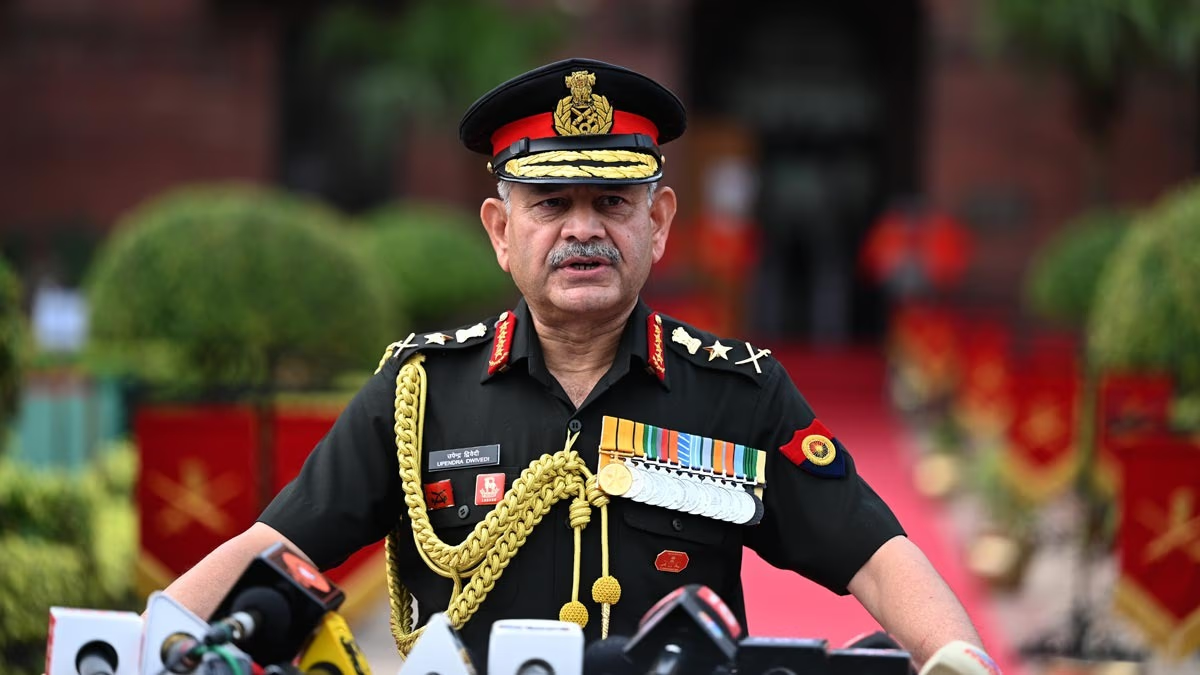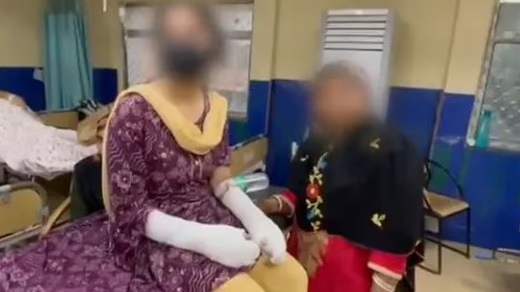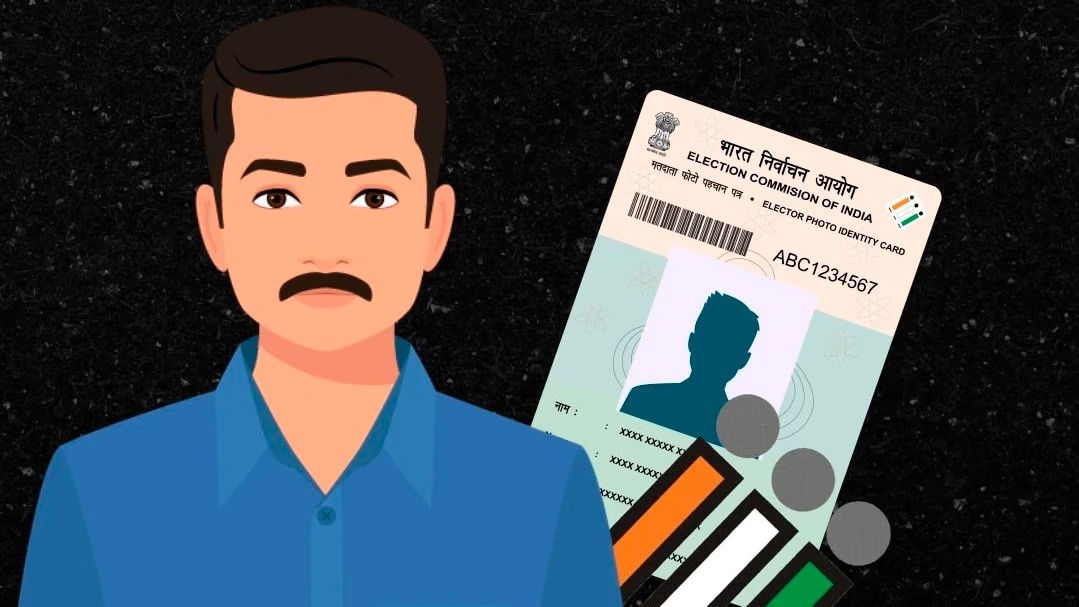The world was stunned by the pager attack targeting Hezbollah in Lebanon. The Israeli intelligence service Mossad’s action left the nation reeling. Now, Indian Army Chief General Upendra Dwivedi has commented on this attack.
At an event, General Upendra Dwivedi was asked about the pager attack. When questioned about handling such attacks in India, he explained that the pagers in question were manufactured by a Hungarian company under a Taiwanese brand name. Later, these pagers were supplied to Hezbollah by the Hungarian firm. The establishment of a shell company by Israel was, indeed, a masterstroke. It takes years of planning to accomplish such a feat. A war doesn't commence the day you start fighting; it begins when you start planning, and that’s the vital part according to him.
In the context of India, he emphasized that safeguarding against supply chain disruptions is crucial. Continuous monitoring and multi-level checks, whether technical or manual, are necessary to prevent such incidents from occurring in our nation.
To note, Lebanon witnessed numerous pager and walkie-talkie attacks last month, which led to the tragic death of about 40 people and injured over 3,000.
How Did the Blasts Occur in Lebanon?
Last month, a chain of pager explosions jolted the border areas of Lebanon and Syria. The blasts started in the Lebanese capital Beirut and several regions in southern Lebanon, especially the eastern Bekaa Valley, areas known as Hezbollah's stronghold. Following this, blasts were also observed in walkie-talkies, solar panels, and handheld radios in Lebanon. Many cities, including Beirut, faced explosions in home solar systems.
China Building Artificial Villages
On questioning regarding China developing artificial villages along the Line of Actual Control (LAC), the Army Chief responded by acknowledging China's construction efforts within its territory. However, he expressed a confident stance, noting that initial encounters in the South China Sea often involve fishermen and others at the forefront, soon followed by military interventions for their protection.
Regarding model villages, the Army Chief highlighted that such developments have been ongoing in India. He emphasized that state governments now have the authority to allocate resources, signaling a collaborative approach with the central and state governments’ oversight for improved model villages.




